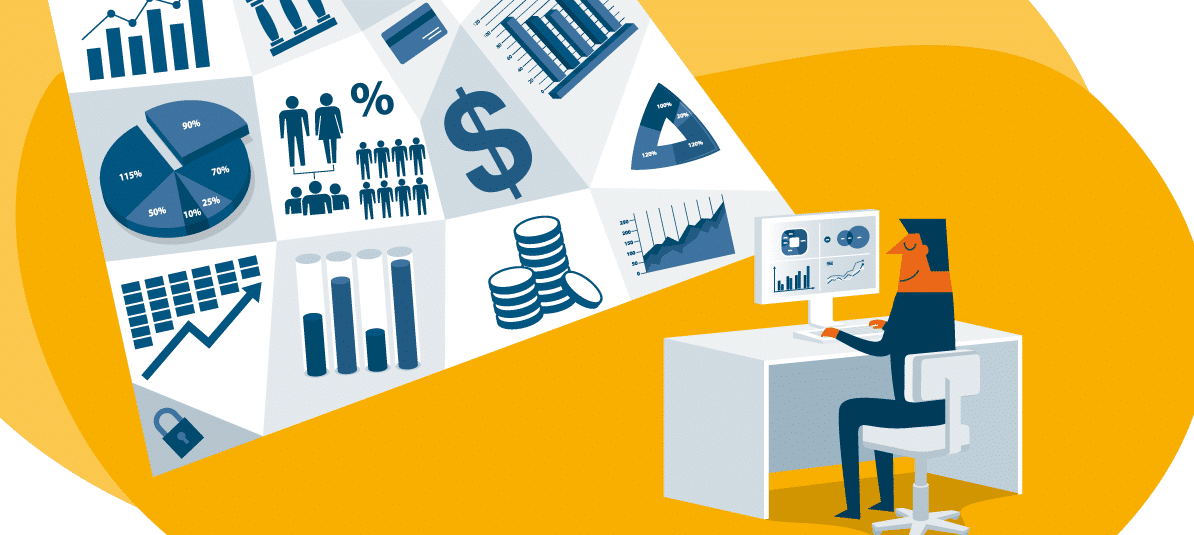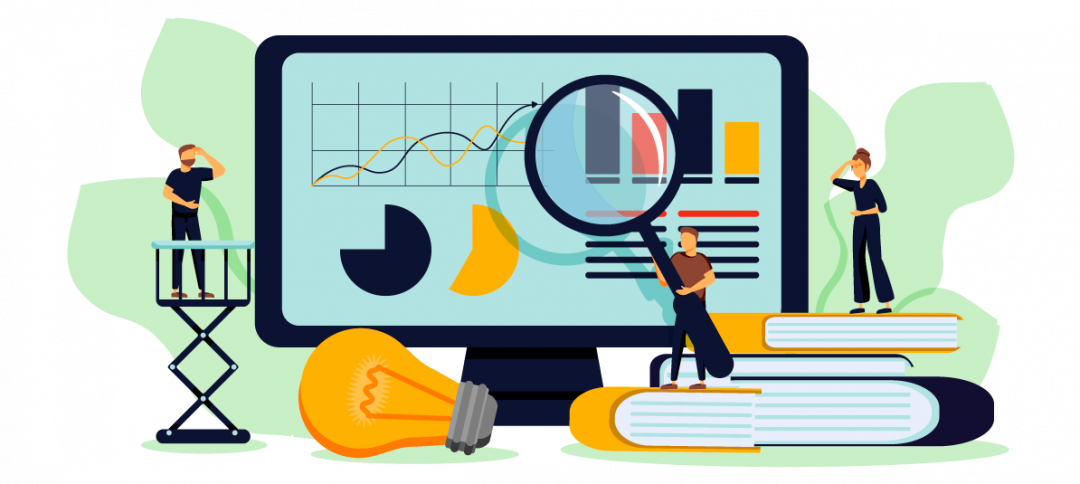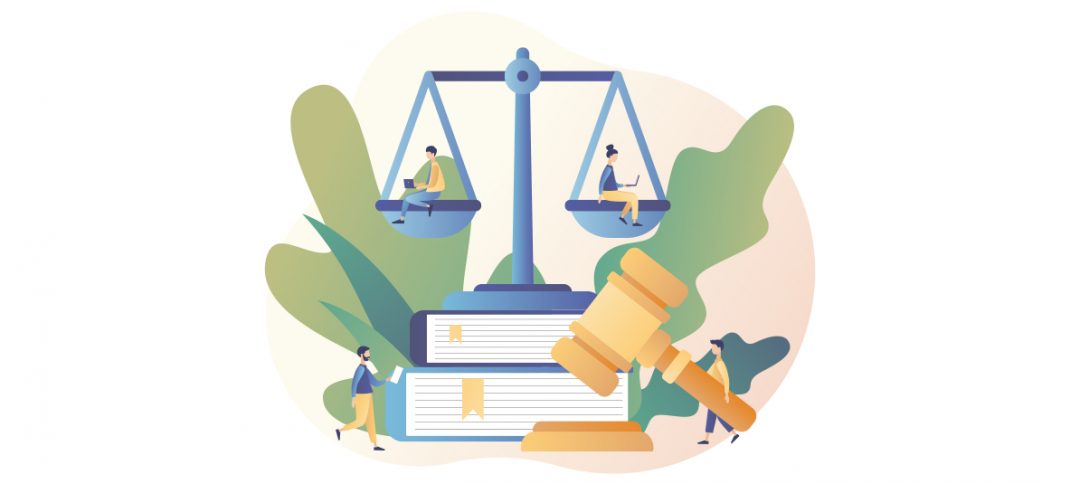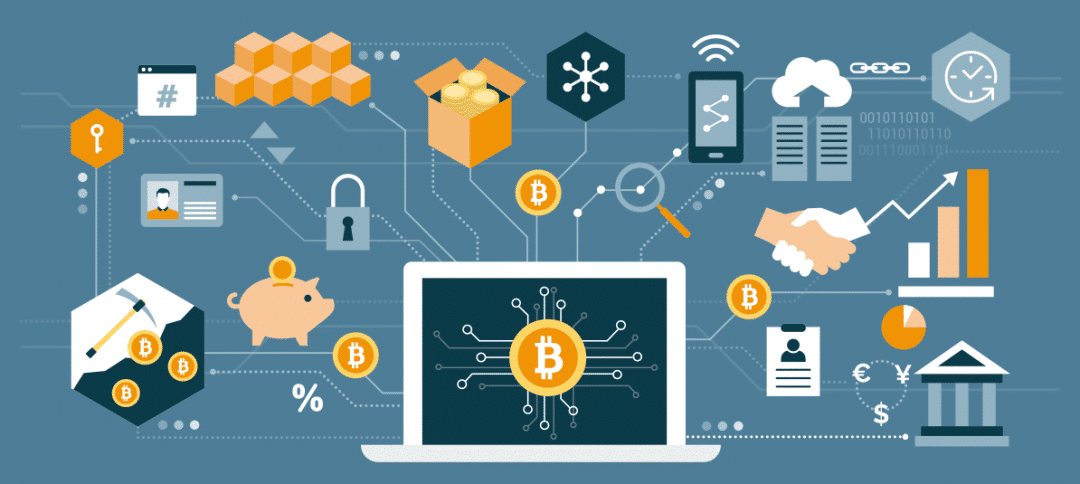Every time you send a message via social media; every time you pay with your credit card; whenever you allow your smartphone to reveal your location; or whenever you share an opinion on the internet about the latest “in” restaurant, you are generating data about your habits and preferences. Think about the number of times you look at pages every day on the internet, visit your social media, or make purchases with your cards: the analysis and management of this vast volume of information is known as Big Data.
Mass information
Many companies are already taking advantage of all the benefits that Big Data offers when it comes to getting to know their customers better. The insurance sector is no exception, and is also one of the sectors best placed to take advantage of all these benefits: actuarial science, the use of mass data, and the use of statistical systems to assess risks and make forecasts are already part of the DNA of this sector.
The result? Big Data is leading to a big revolution in the insurance world by giving companies much more knowledge about their target market so they can come up with personalized products and offers. This increased customer knowledge also helps with minimizing payment arrears, cementing customer loyalty, and learning much more about the experiences of dissatisfied customers.
Insurance and telemetry
What kinds of insurance is Big Data already being used for? In vehicle insurance, for example, the installation of a GPS in the vehicle provides telematic data on driving habits, distances traveled, and ways of driving. This gives insurance companies information that helps to prevent accidents, as well as identifying drivers who behave in a potentially dangerous way.
In the case of health insurance, companies can assess the likely longevity of their policyholders and make estimates about the number of medical services they are likely to need according to their personal characteristics or their medical histories.
A better user experience
All of this translates into better customer knowledge and hence better personalization when it comes to offering products that they really need, with quotations tailored to patterns of behavior and lower prices. Another aspect where customers benefit is the greater speed and transparency of processes, much more personalized communications, and a better user experience overall.









